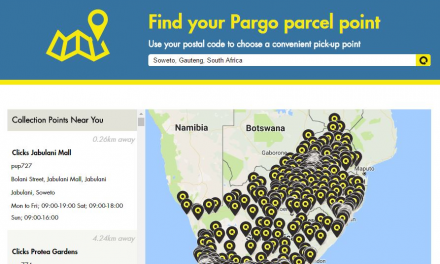
Uganda: Postal Services Need a Master Plan, Report
Uganda needs to extend the presence of its postal network at least to every sub county in the next 15 years as a way of bringing its vast underclass within reach of this vital communications service.
A report commissioned by the Uganda Communications Commission to examine the quality and reach of Uganda’s postal services and how to scale them up recommends the implementation of a 15-year master plan worth about USD 23.5 million.
According to the report 78 per cent of this money should be funnelled into capital investments and should be executed in three phases of five years each.
The report, produced by International Development Consultants, noted that Uganda has one of the lowest communications penetration rate in the world and, worse, 70 per cent of that is concentrated in urban centres which is again strange considering that the country has only 15 percent of its population in urban centres.
UCC Executive Director Patrick Masambu said the postal sub sector had not grown at the pace of mobile telecommunications largely because of multiple infrastructural hurdles and demand that has largely remained tepid.
Currently Uganda has one large postal operator (Posta Uganda) and 20 private courier services – DHL, Nation Couriers, Daks, FedEx etc – that ferry mail around the nation and overseas. But like the reality around the globe, Posta Uganda has for the last several years come under intense threat from the ubiquitous ICTs – Internet and cell phones – which have eaten into its revenues and almost reduced them to a trickle.
Uganda needs to extend the presence of its postal network at least to every sub county in the next 15 years as a way of bringing its vast underclass within reach of this vital communications service.
A report commissioned by the Uganda Communications Commission to examine the quality and reach of Uganda’s postal services and how to scale them up recommends the implementation of a 15-year master plan worth about USD 23.5 million.
According to the report 78 per cent of this money should be funnelled into capital investments and should be executed in three phases of five years each.
The report, produced by International Development Consultants, noted that Uganda has one of the lowest communications penetration rate in the world and, worse, 70 per cent of that is concentrated in urban centres which is again strange considering that the country has only 15 percent of its population in urban centres.
UCC Executive Director Patrick Masambu said the postal sub sector had not grown at the pace of mobile telecommunications largely because of multiple infrastructural hurdles and demand that has largely remained tepid.
Currently Uganda has one large postal operator (Posta Uganda) and 20 private courier services – DHL, Nation Couriers, Daks, FedEx etc – that ferry mail around the nation and overseas. But like the reality around the globe, Posta Uganda has for the last several years come under intense threat from the ubiquitous ICTs – Internet and cell phones – which have eaten into its revenues and almost reduced them to a trickle.
“UCC is happy that most postal operators in Uganda have adapted to this change and modernised their businesses to become integrated into the global postal products and services network,” he said.
According to him, most of these postal companies have undertaken organisational transformations to create professional corporate structures. The result has been greater commercial agility and attitudinal change and customer care.
The master plan advocated by the report is supposed to be financed by the Rural Communications Development Fund, RCDF which is a money pool seeded by contributions from telecom companies and donor donations.
Money from the Fund, according to the report, should be used to partially finance investors who want to start postal units in rural areas that now are out of reach of the existing network.
“Basic postal services are available in all the districts at the district headquarters but they are extremely limited outside of the headquarters. It is estimated for instance that 400 out a 1,000 sub counties in the country have access to postal services,” said the report.













